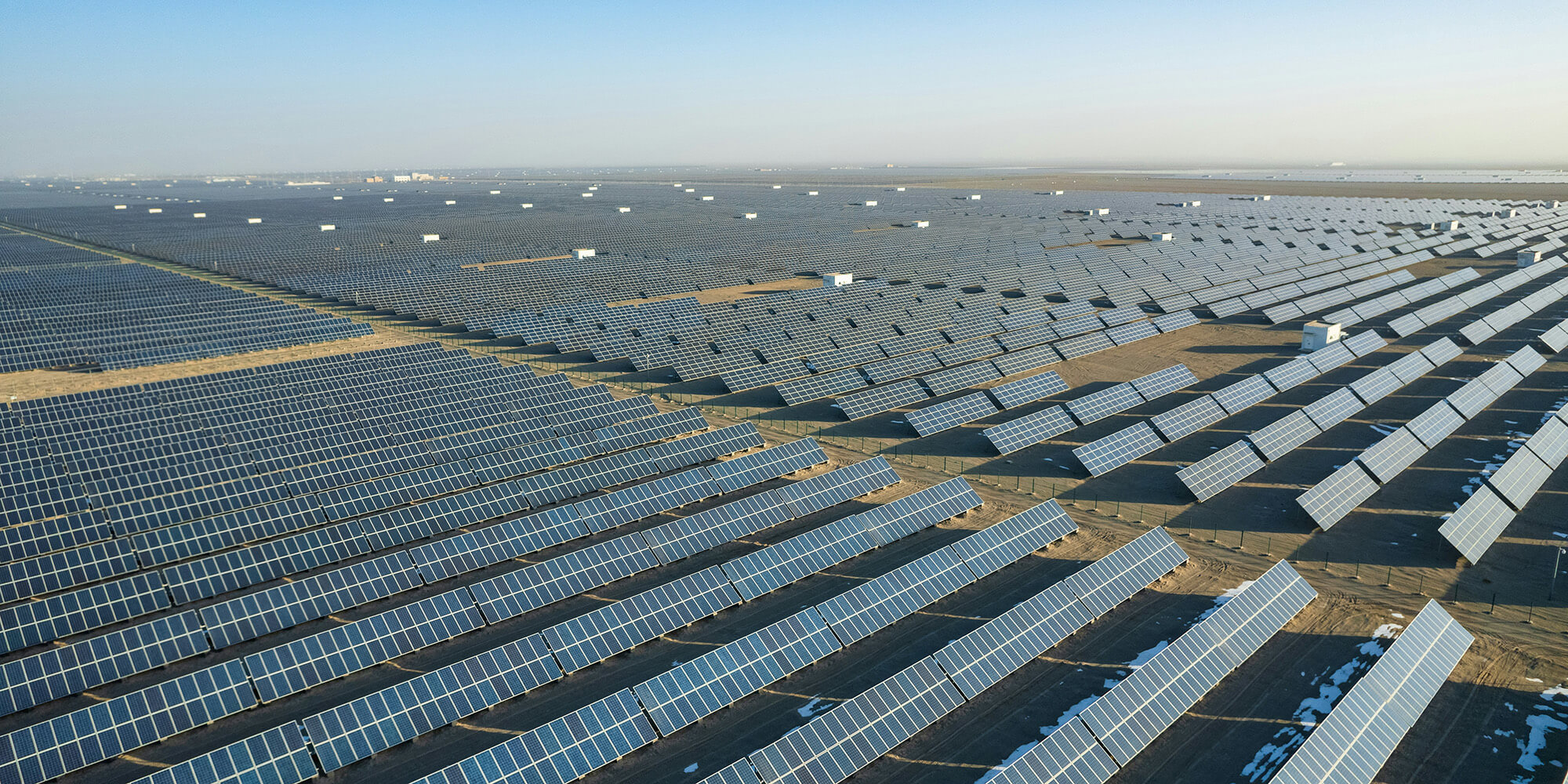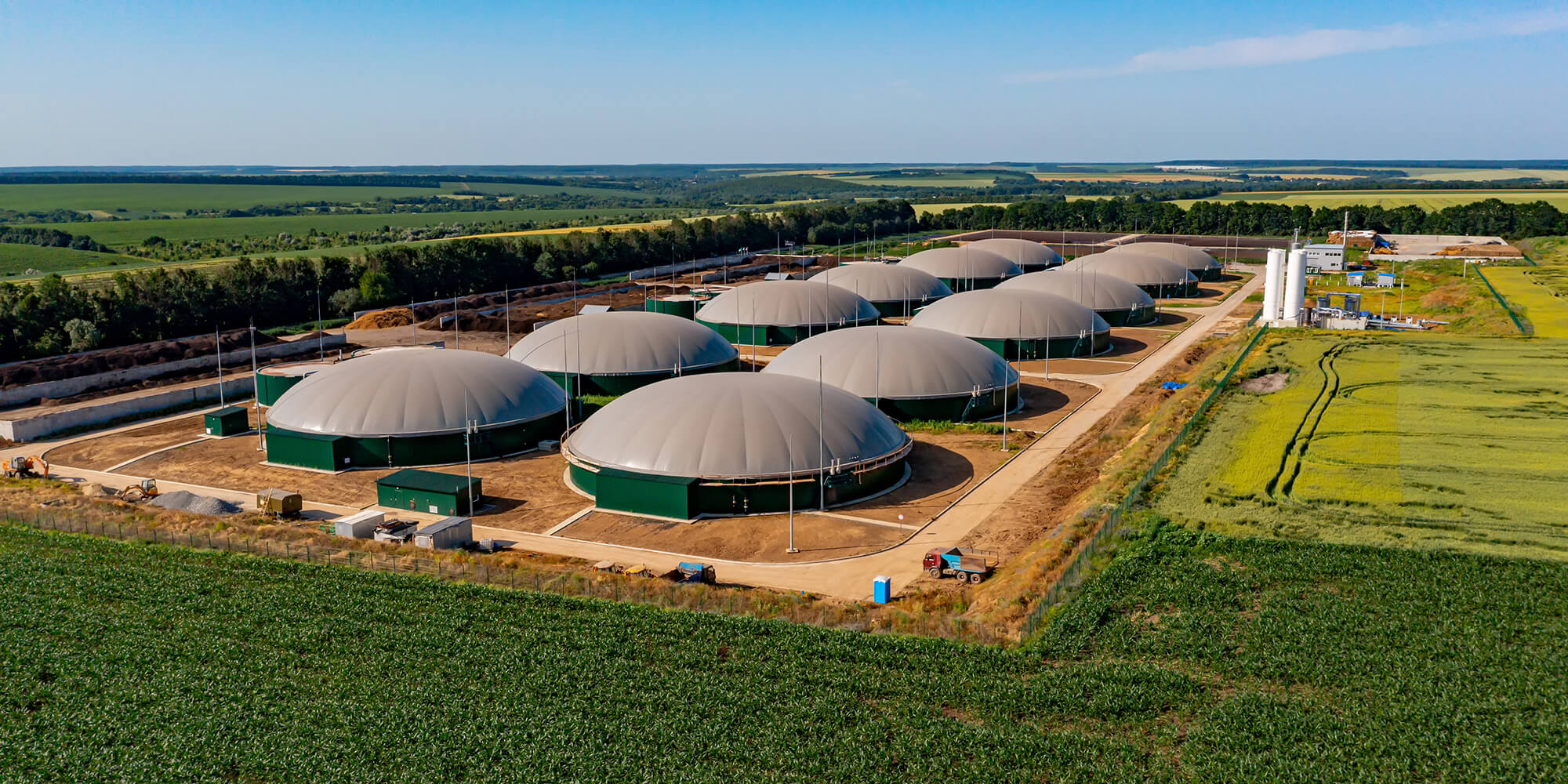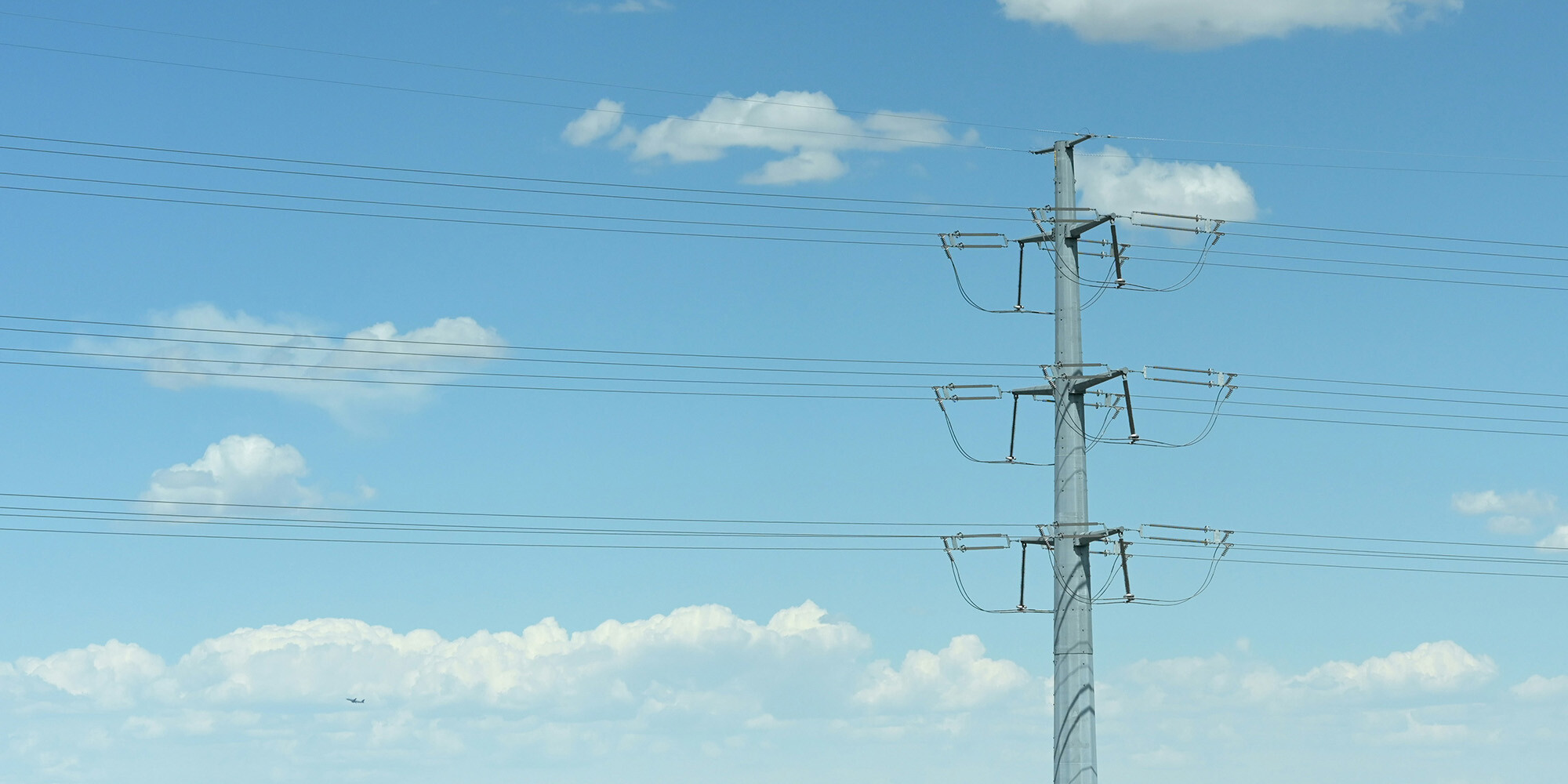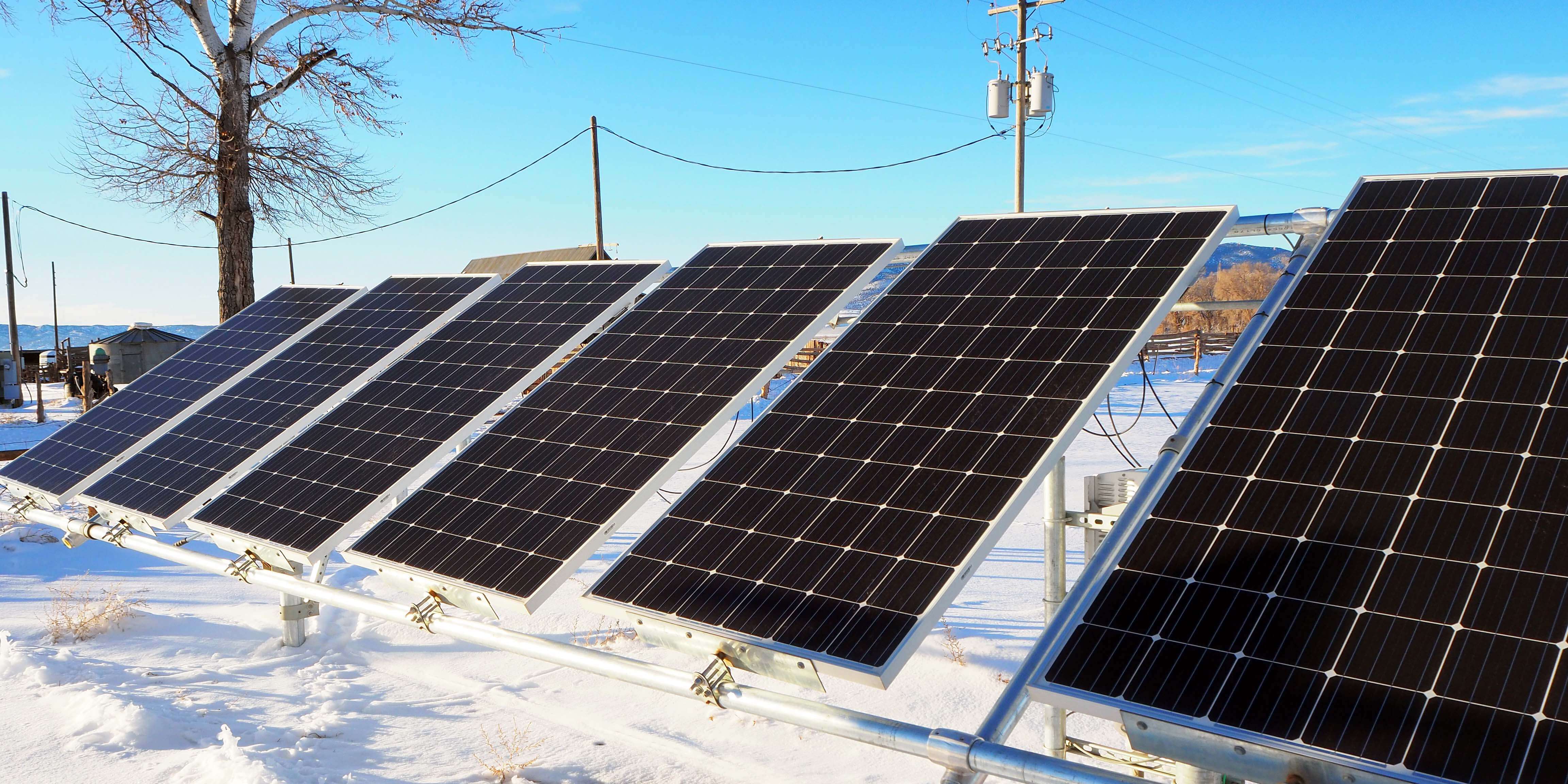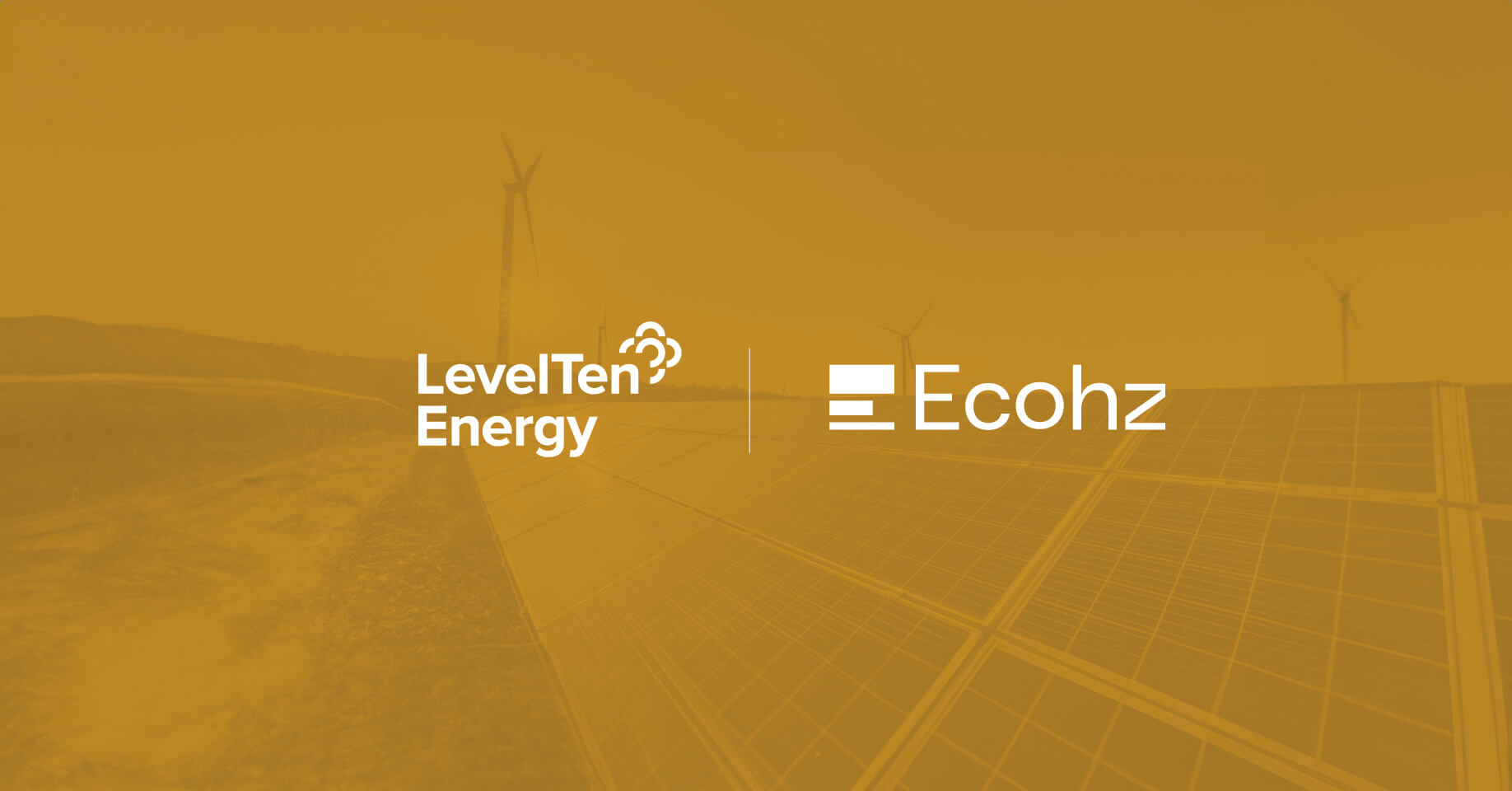For the attention of the European Parliament and Council
The Clean Energy Package offers a unique opportunity to strengthen the GO system as more countries, consumers, and electricity suppliers begin to use it[1]. As both European Parliament and Council have now agreed on their respective positions on the Renewable Energy Directive, we would like to draw your attention to the following key issues ahead of the trilogues:
- Use of GOs for renewable electricity disclosure should be mandatory
We fully support the Commission’s original proposal requiring suppliers to use GOs to substantiate any green marketing claims.
Voluntary disclosure, as proposed in the Council’s General approach[2], would continue to leave the door open to alternative declaration instruments, which would make reporting to consumers and corporate purchasers potentially unreliable and misleading.
- All produced RES electricity should automatically receive GOs
Prohibiting GOs to be issued to producers which receive financial support would cloud the current distinction between support and disclosure schemes. There are several ways to address concerns regarding over compensation:
- Where financial support is granted via competitive tenders or certificate systems, these have proven to be an effective way to prevent over compensation as RES producers have to take into account the value of GOs in their bids, which in turn lowers the need for support payments.
- Where support levels are determined administratively, financial support mechanisms for new projects can be adjusted in a way which reflects the income derived from GOs.
- Mandatory auctioning of GOs for supported production should be avoided
Auctioning of GOs would make many Power Purchase Agreements (PPAs) and other commercial agreements inoperable. Such commercial arrangements have had a significant impact on increasing the share of renewable electricity consumed by some of the largest commercial and industry players in Europe. GOs should remain an integral part of corporate renewable PPAs, as direct traceability of their consumed electricity is inherent to their successful business models.
Just like large commercial entities, an increasing number of individual households want to consume certified renewable electricity. Auctioning of GOs may hinder suppliers and renewable energy communities from directly marketing locally-produced energy, thereby reducing options for these consumers.
- Achieving targets for RES used in transport should not be confused with disclosing origins of the electricity mix to final customers
Just like households may want to consume certified renewable electricity at home, EV drivers may want to use renewable electricity to charge their vehicle. This is why many charging providers are offering green tariffs backed by GOs. The Renewables Directive should allow them to continue doing so.
However suppliers should not be required to cancel GOs to prove their compliance with the target set for renewable energy in the transport sector. GOs and target achievement should indeed not be mixed up. In this regard, we support the Council’s General Approach.
We thank you for taking our views into consideration
[1] In 2016, 18% of all electricity consumed was supplied as renewable electricity using cancelled GOs (corresponding to 603 TW/h)
[2] The Council proposes to change “shall” into “may” in Art 19(8): “Where an electricity supplier is required to prove the share or quantity of energy from renewable sources in its energy mix for the purposes of Article 3 of Directive 2009/72/EC, it [ ] may do so by using guarantees of origin”
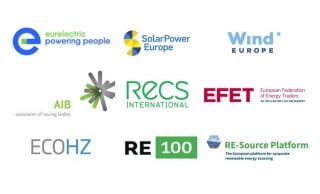

.png?width=3840&height=2560&name=Sun(1).png)

.png?width=3840&height=2560&name=Landscape_2(1).png)
